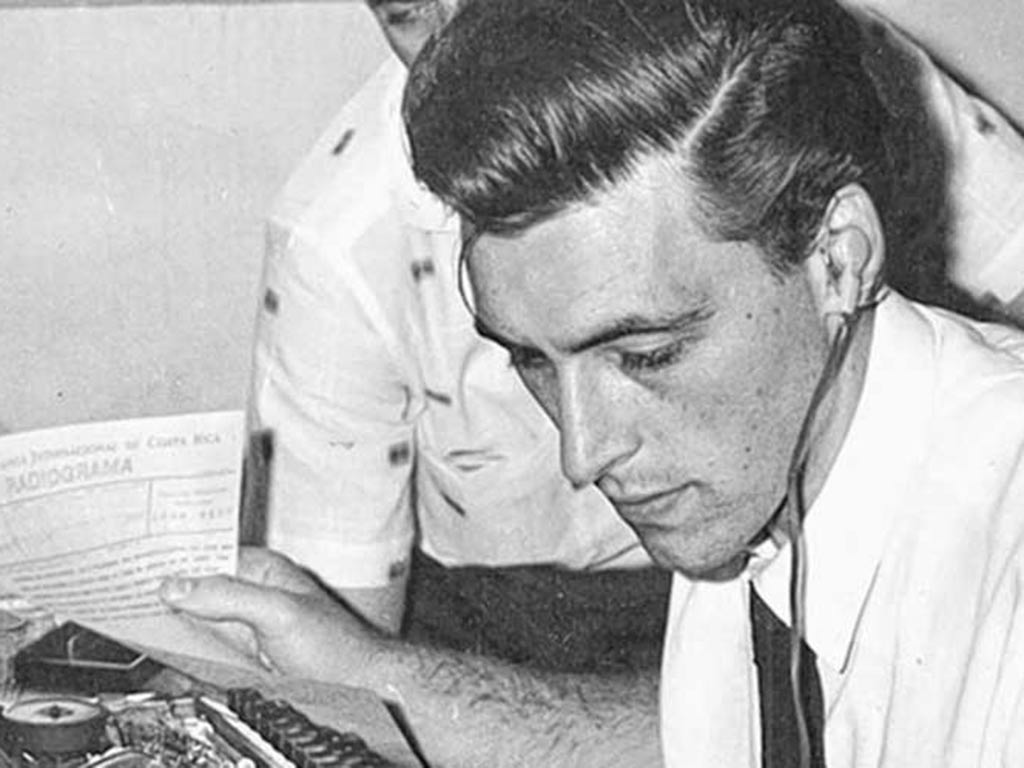Masetti was born in the city of Avellaneda, in the province of Buenos Aires, in 1929, and in addition to being one of the founders of that news agency, he left a deep imprint in Argentina, Cuba and Latin America.
He was a restless soul, prone to the mystical, preferably self-taught. At the age of 15, he discovered journalism as an adventure and, although he did not know it, as a destiny, the researcher María Seoane (1948-2023) stated in her book “Che, Masetti, Walsh, Prensa Latina.”
The writer and professor Hernán Vaca, in turn, assured that due to his professional career, his work and the results of his communication praxis, Masetti should occupy a privileged place in the historiography of political communication in the region.
He was a war chronicler who became the protagonist of a Revolution that marked the history of the continent with blood and fire. He stood out for his status as founder of the only international news agency in Latin America that competed on its own ground with the large information monopolies, he noted.
In statements to Prensa Latina, Masetti’s grandson, Santiago, recalled that he learned from family stories about his work and his dimension as a revolutionary militant.
In 1958, his grandfather became the first Argentine to arrive in the Sierra Maestra and interview Ernesto Guevara (1928-1967) and Fidel Castro (1926-2016) as a special envoy for Radio El Mundo.
From then on, his life was linked to Cuba and a year later, after the rebels’ triumph, he summoned Rodolfo Walsh (1927-1977) to create, together with Che, a news agency at the service of truth, of which he would be its first director.
Then, Prensa Latina, a communication project of international scope with an alternative vision of the reality of the region, was created on June 16, 1959.
Masetti’s values and dreams led him to carry out various missions and arrive in the jungle of Oran to continue the guerrilla fight in that area on the Bolivian border, from which he could not leave.
For Santiago, his teachings are summarized in the concept formulated at the inauguration of Prensa Latina, “We are objective, but not impartial. We consider it cowardly to be impartial between good and evil.”
According to the renowned writer and analyst Stella Calloni, this new agency “is an example of journalistic ethics, because it respects the people’s right to receive truthful information, in a world where the hegemonic power takes over most of the mass media and technologies to sow lies and hatred.”
Almost 65 years after its establishment, Prensa Latina has correspondents in nearly 40 countries and an extensive information production in different formats and languages.
Despite adversities, Prensa Latina publishes some 400 dispatches, produces around twenty radio spots, and works for television and social networks, as well as printed publications.
Prensa Latina also encourages cooperation with media outlets around the world, especially from the Global South.
jg/mem/gas










